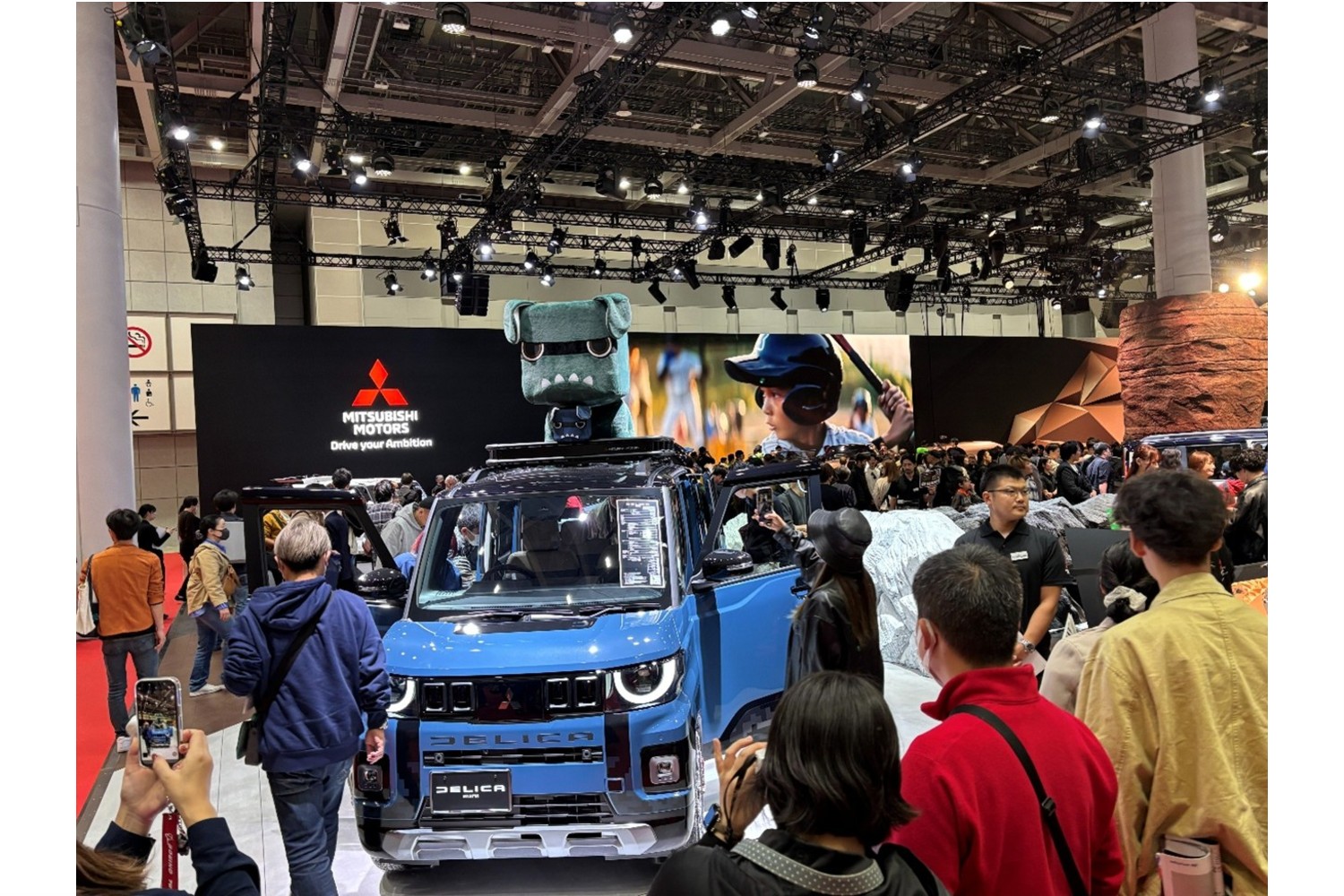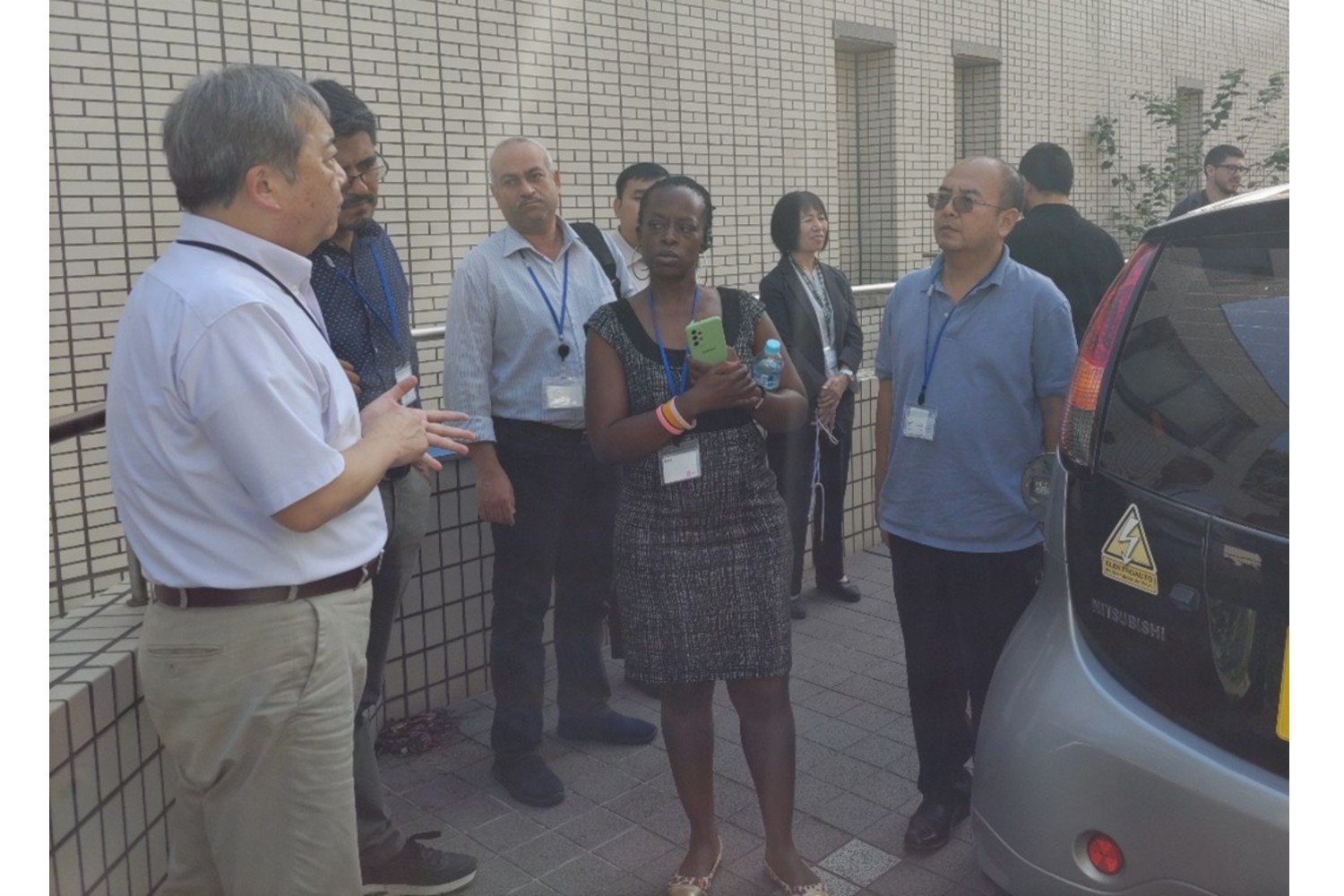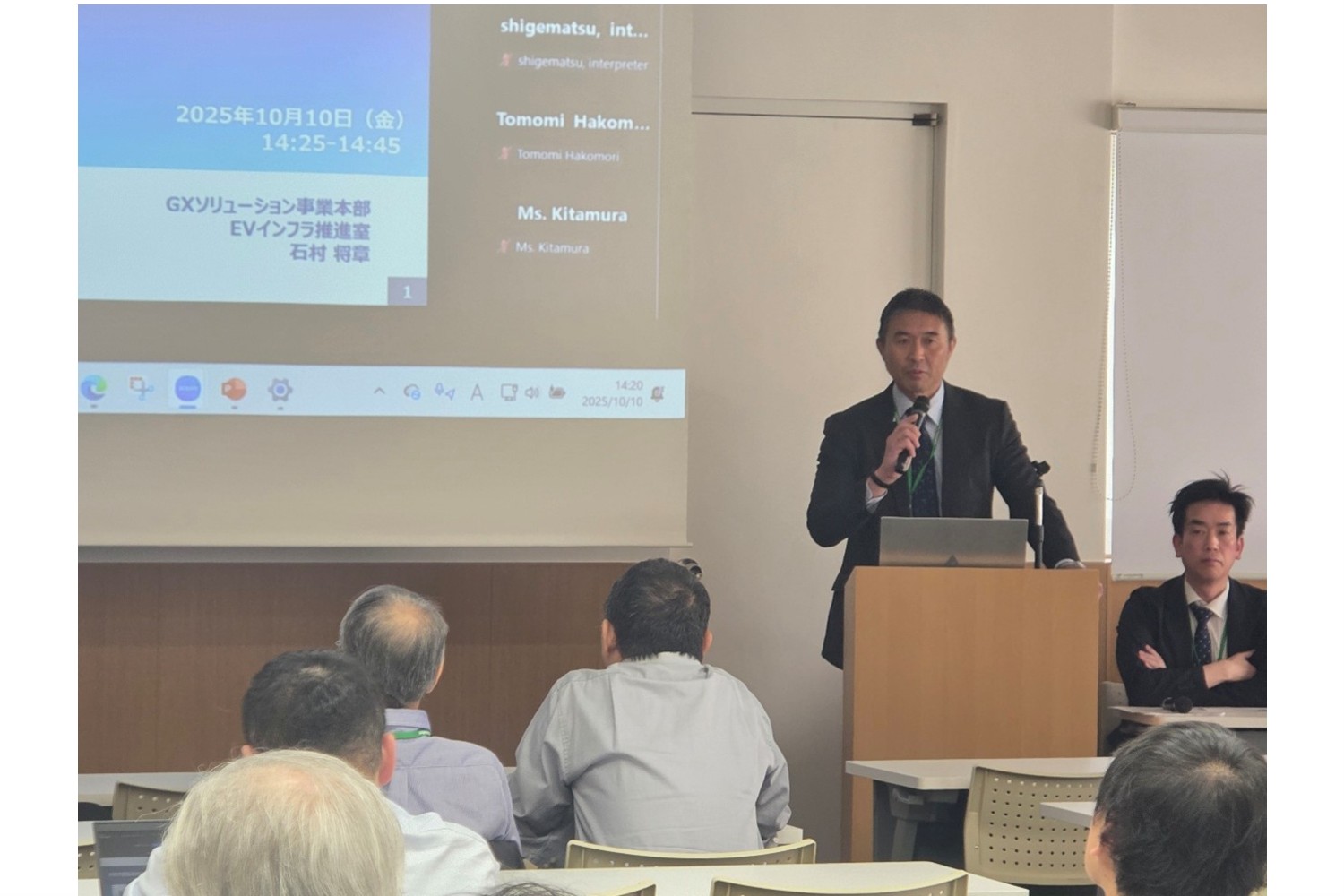CHAdeMO Association initially responded in September to the Fit-for-55 package, including notably the proposed revision of Directive 2014/94/EU on the deployment of alternative fuels infrastructure (AFID). After closer examination and iterations, the Association has reformulated its position and sent its feedback to the Commission’s public consultation last week.
***
CHAdeMO Association
embraces the Commission’s enthusiasm and ambition for accelerating zero-emission transport. A goal fully aligned with our vision of ‘Powering global zero-emission mobility for the happiness of future generations,’ for which we strive to deliver on our mission of bringing safe, affordable and interoperable charging to all EV drivers.
The association also welcomes the importance given to bidirectional charging, also known as V2G (Vehicle to Grid). V2G is indisputably a key enabler for the greater flexibility of the energy system as well as the increased integration of renewable electricity. Making V2G a required element of National Policy Framework (Article 13.1.(i)), the Commission demonstrates its high ambition and strong commitment for the widespread adoption of V2G. Today, CHAdeMO is the only enabling standard of V2G and the Association is keen to continue accompanying Europe in its journey to carbon neutrality.
While the Association considers the proposed revision of AFID a step in the right direction, the proposal also raises concerns about the necessity of mandating some technical requirements for interoperability of recharging and refuelling points.
The Commission identified and included more than 40 new technical requirements ‘to be standardised’ in its proposal for the revision of AFID (Annex II). Of these, we find the below items to be particularly premature and unnecessary to standardise and urge the Commission not to set the European de jure standards in a hasty manner. On the contrary, market players should be given options on a level playing field so that innovations are fostered for Europe to get ahead and for its consumers to select the products and services of their choice.
- Technical specifications regarding the connector for recharging heavy-duty vehicles (DC charging) (Annex II, 1.17)
- Technical specifications for communication exchange in the electric vehicle recharging ecosystem (Annex II, 2)
- 1 communication between EV and CP (charge point)
- 2 CP and CP management system (back-end)
- 3 CP operator, electromobility service providers and e-roaming platforms (roaming)
- 4 CP operator and distributed system operators (grid)
For the domains listed above, international standardisation and harmonisation efforts are on-going by the global experts, and mandating ‘European’ standards for these categories ahead of international standardisation shall risk locking in the European consumers with a technology that is not fully validated in the market. In particular, communication exchange (Annex II.2) is an extremely rapidly evolving domain, where technologies are known to become quickly outdated. CHAdeMO Association would therefore alert that mandating a specific protocol at this early stage would stifle innovation rather than encouraging it, which in turn would harm consumers in Europe.
For example, when we start seeing more and more advanced identification and authentication methods such as facial and biometric recognitions, why should Europe choose to mandate a costly wired EV-CP communication with limited bandwidths to all charging infrastructure?
There are numerous solutions already existing in the market in Europe in communication exchange, some of which are considered to be the de facto industry standards. The market players pick and choose the options that best suit their needs, and innovations are born through such competitions for each layer of communication. We advise the Commission to set high-level rules and architecture, instead of mandating specific protocols.
For example, without additional communication protocols, existing solutions (e.g. CHAdeMO + OCPP) can manage almost all smart charging and even bi-directional charging use cases already. We inform that with the increasingly connected and automated vehicles, wireless communication (Wi-Fi) may prove to be more future-proof.
Should Europe decide to mandate specific technical specifications despite the premature state of international standardisation, the Association invites the Commission to consult and coordinate with all stakeholders so as not to compromise the transparency, openness and consensus of the standardisation procedure.
***
CHAdeMO’s inputs to the Commission can be viewed from here.
It is also available in PDF from here.




